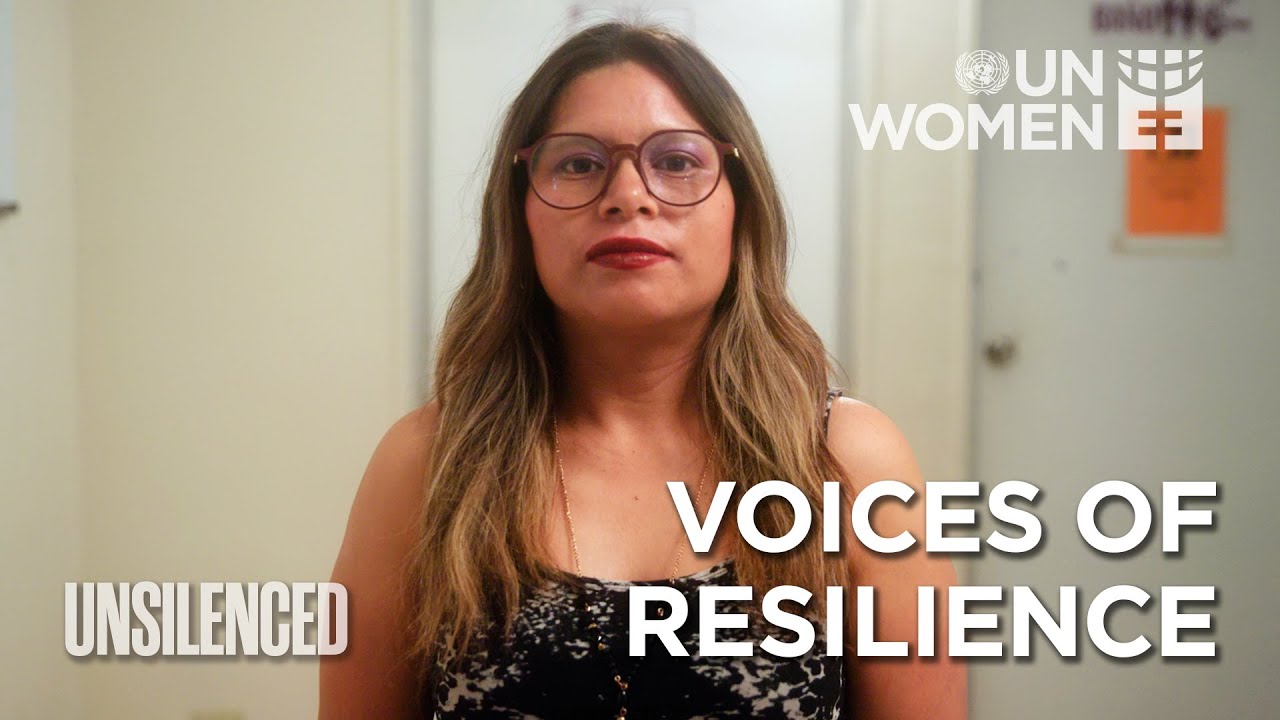Native Men Are Being Raped | Nico Juárez | TEDxOU
Summary
TLDRThe speaker highlights the critical yet often overlooked issue of intimate partner violence and sexual violence against Native American men. With alarming statistics revealing that over 80% of Native men experience violence, the speaker challenges traditional narratives that focus primarily on women, emphasizing the role of non-Native perpetrators in these crimes. The discussion also delves into harmful stereotypes surrounding Native masculinity and the historical and legal frameworks that perpetuate violence. Urging for systemic change, the speaker advocates for dismantling outdated laws and rethinking societal perceptions of violence, placing the responsibility for change on non-Native communities.
Takeaways
- 😀 The discussion highlights the often-overlooked issue of intimate partner and sexual violence against Native American men.
- 🤔 Traditional narratives of violence tend to focus on women's experiences, neglecting the violence faced by Native men.
- 🔍 The violence against Native American men is framed within harmful stereotypes of masculinity and victimhood.
- 📈 Lifetime rates of sexual and intimate partner violence among Native American men are alarmingly high, with more than four in five experiencing such violence.
- 🧑🤝🧑 The majority of violence against Native men is perpetrated by non-Natives, challenging the narrative that it primarily arises from within their communities.
- ⚖️ Historical context reveals that colonial writings have perpetuated harmful stereotypes about Native men's sexuality and violence.
- 🏛️ Legal frameworks, like the Major Crimes Act and Oliphant v. Suquamish Tribe, exacerbate the issue by limiting tribal authority to prosecute non-Native perpetrators.
- 📜 The 2013 reauthorization of the Violence Against Women Act aimed to address some issues but fell short, particularly regarding the needs of Native men.
- ❗ The need for systemic change includes dismantling outdated laws and challenging narratives around masculinity and violence.
- 🌍 Native feminists have long been addressing these issues, emphasizing that the responsibility for change lies with non-Native communities.
Q & A
What is the primary focus of the speaker's discussion?
-The speaker discusses intimate partner violence and sexual violence against Native American men, emphasizing the need to address the unique experiences and narratives of these men.
How does the speaker describe the common narratives surrounding violence?
-The speaker notes that traditional narratives often focus on women's experiences of violence, neglecting the experiences of Native American men, who also face significant rates of violence.
What are the lifetime rates of sexual violence against Native American men compared to women?
-The lifetime rates of sexual and intimate partner violence against Native American men are approximately the same as those for Native American women, with more than four in five men experiencing some form of violence.
What misconception does the speaker address regarding the perpetrators of violence against Native American men?
-The speaker highlights that over 90% of the perpetrators of violence against Native American men are non-Natives, challenging the notion that this violence primarily comes from within Native communities.
How does colonial history affect the narratives surrounding Native American men?
-Colonial writings framed Native American men as both hypersexualized savages and undersexed individuals, leading to harmful stereotypes and violent narratives that impact their identities and experiences.
What legislative act is mentioned, and what issues does the speaker raise about it?
-The speaker discusses the Violence Against Women Act and points out its limitations, such as requiring proof of serious bodily injury and not addressing the experiences of Native men.
What is the impact of the Major Crimes Act on Native American communities?
-The Major Crimes Act removed the ability for tribes to prosecute serious crimes, including assault and rape, leading to a significant gap in justice for Native victims, especially since most perpetrators are non-Natives.
What does the speaker suggest as a necessary approach to address these issues?
-The speaker calls for dismantling harmful laws, re-evaluating narratives around masculinity and sexual violence, and directing resources to Native struggles rather than relying on non-Native solutions.
How does the speaker characterize the role of non-Natives in the context of violence against Native Americans?
-The speaker argues that the responsibility to address and change harmful behaviors and practices lies with non-Native individuals and communities, as they perpetuate the structures that contribute to violence against Native Americans.
What does the speaker emphasize about the historical context of violence against Native American women?
-The speaker acknowledges that historical narratives have framed Native American women in terms of desire and violence, which contributes to the ongoing cycle of sexual violence in Native communities.
Outlines

Cette section est réservée aux utilisateurs payants. Améliorez votre compte pour accéder à cette section.
Améliorer maintenantMindmap

Cette section est réservée aux utilisateurs payants. Améliorez votre compte pour accéder à cette section.
Améliorer maintenantKeywords

Cette section est réservée aux utilisateurs payants. Améliorez votre compte pour accéder à cette section.
Améliorer maintenantHighlights

Cette section est réservée aux utilisateurs payants. Améliorez votre compte pour accéder à cette section.
Améliorer maintenantTranscripts

Cette section est réservée aux utilisateurs payants. Améliorez votre compte pour accéder à cette section.
Améliorer maintenantVoir Plus de Vidéos Connexes

UNSILENCED: Stories of Survival, Hope and Activism | Episode 1: Voices of Resilience (Documentary)

Berani Berbicara, Berani Lapor, dan Berani Menegur. Ayo Berantas Kekerasan Seksual! | GOOD TALK

Gender Based Violence (GBV) in Emergencies

Rafly Riza Saputra_Kekerasan Seksual_2025_TTKI-UNDIP_C

Olivia Potter Persuasive Speech

Why The Gold Rush Is One Of The Darkest Moments In US History | Whitewashed
5.0 / 5 (0 votes)
